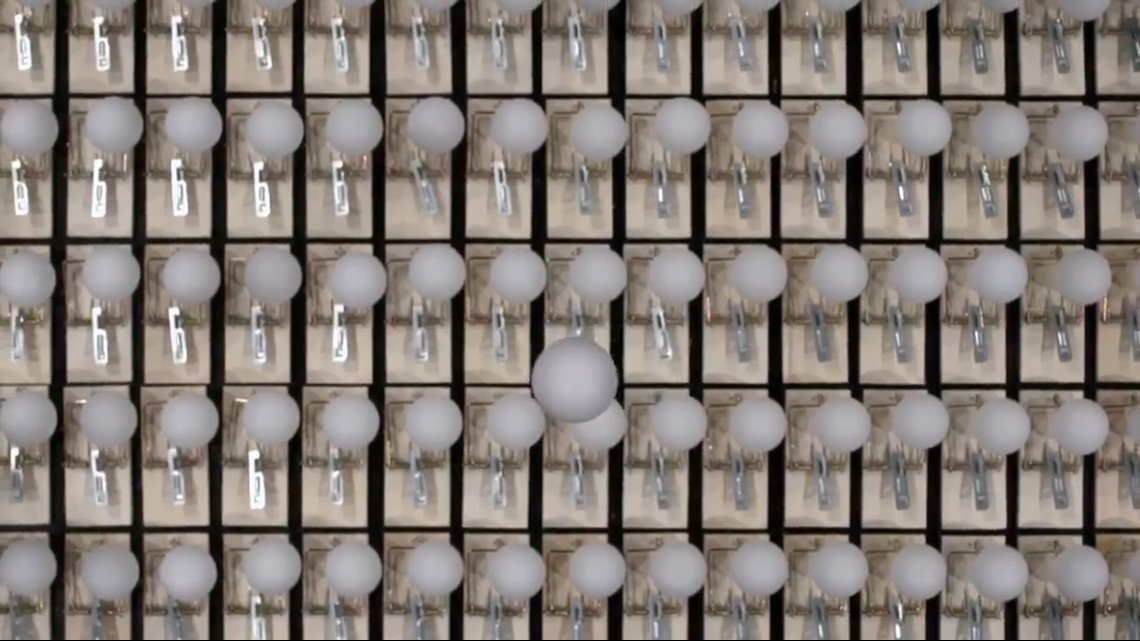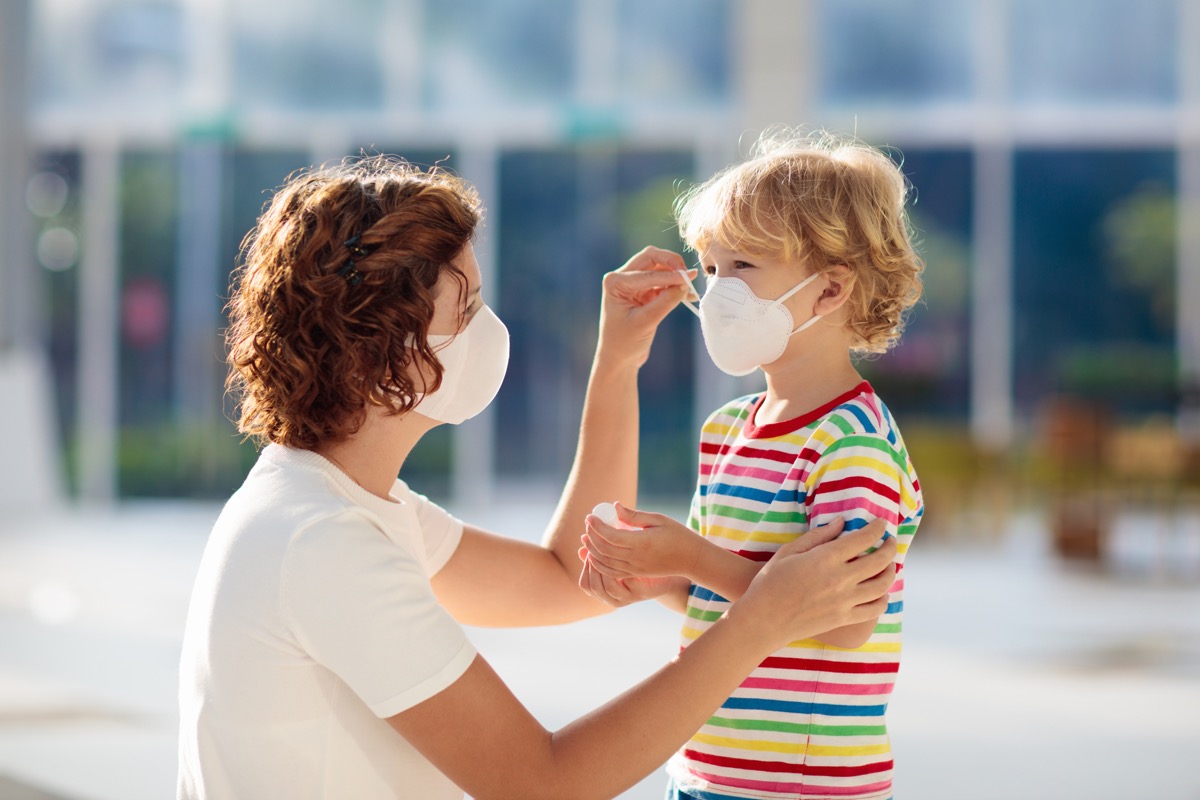Thanks brokenwave. I've been thinking about how and when we can slowly "open up" again, and I can't figure out how that happens prior to a vaccine being widely available (which is probably a year away). The only alternative I see would be to re-open slowly so the medical care system is not overwhelmed, while accepting that most people will end up getting exposed to the virus anyway, but just spread out over a longer time period.
In that scenario (assuming the medical system is not overwhelmed), most people would get the virus over the next 12 months, and those who died would not die because of inadequate care, they would simply die because of what the virus does. (sorry, I know that sounds callous, but it is reality) Is society willing to accept that scenario? If not, wouldn't we just have to pretty much keep things as they are now, whereby vulnerable people never get the virus at all because everything is shut down?
I understand that antibody testing and "herd immunity" could help slow the spread, but over 12 months isn't it likely that most people will eventually get exposed to covid one way or another? (unless we stayed quarantined as we are now) What am I missing? I'm not trying to start another wild political shouting match, I really want to understand what are the possible next steps- I would love thoughtful feedback.
Specifically regarding Peñasco, almost everything about a beach town involves groups of people from all over mixing together (beaches, pools, bars, nightclubs, restaurants, malecon, catamarans, etc). How on earth could things go back anywhere close to normal this year, unless everyone just said "F it" and rolled the dice? I hope for the best, but prepare for the worst...

 www.firstcoastnews.com
www.firstcoastnews.com


